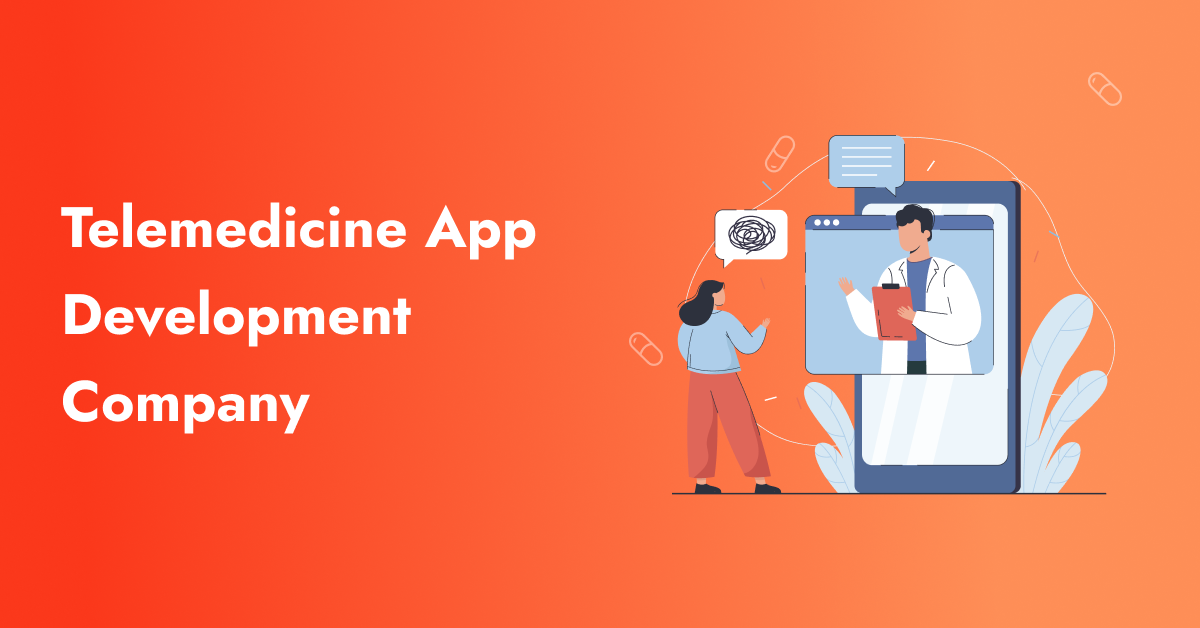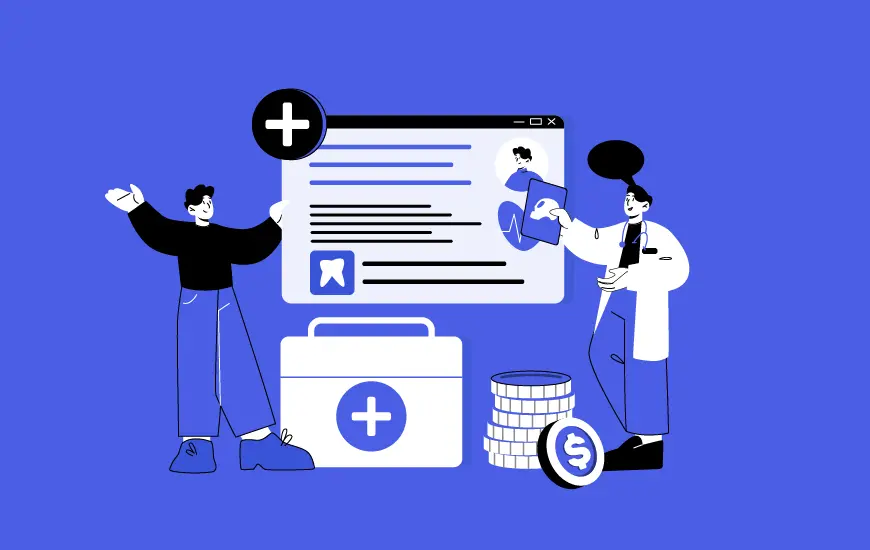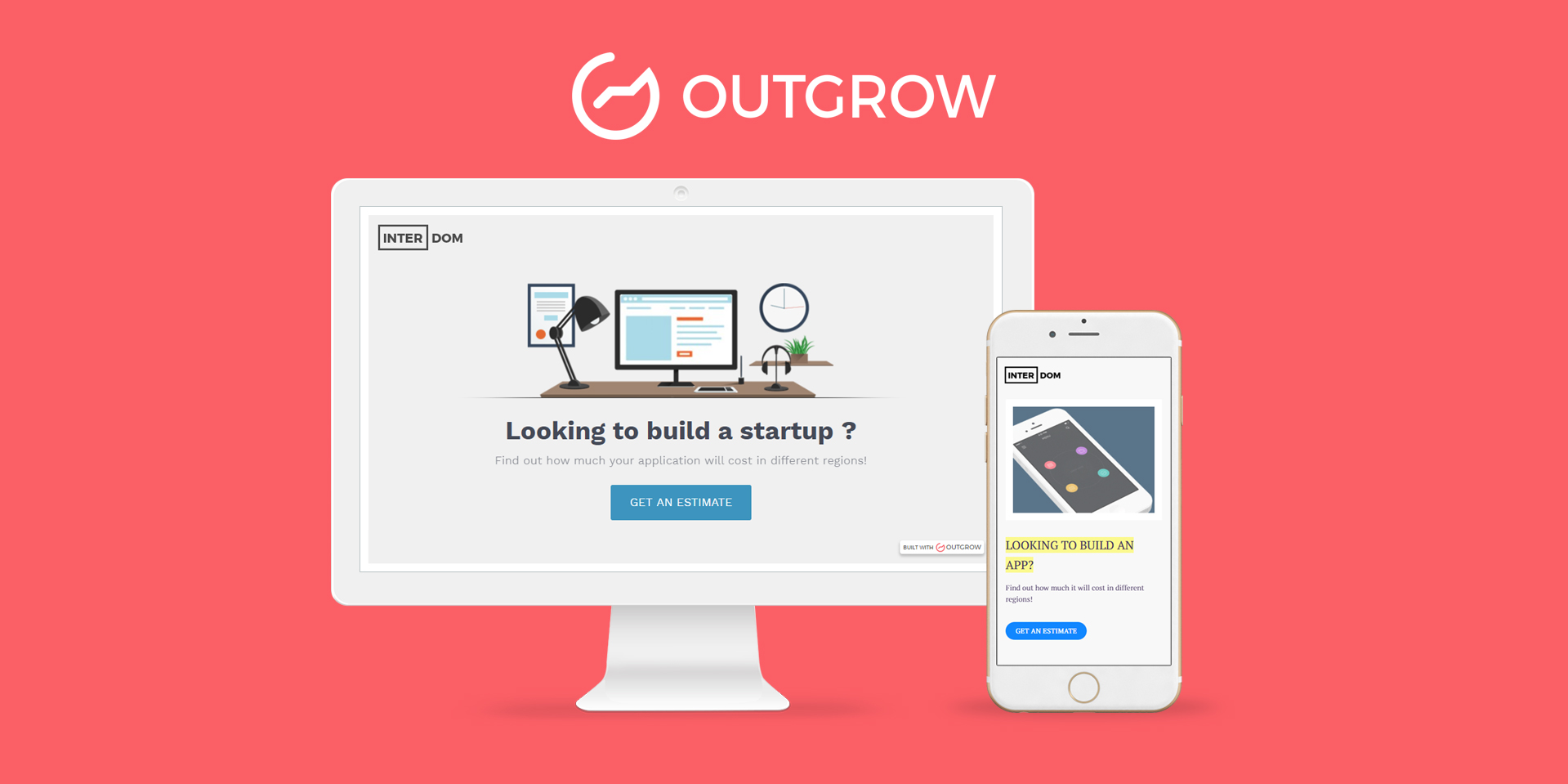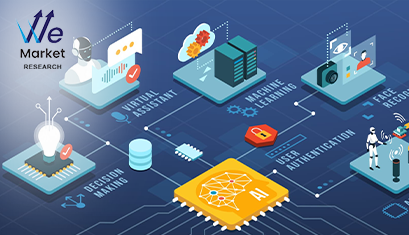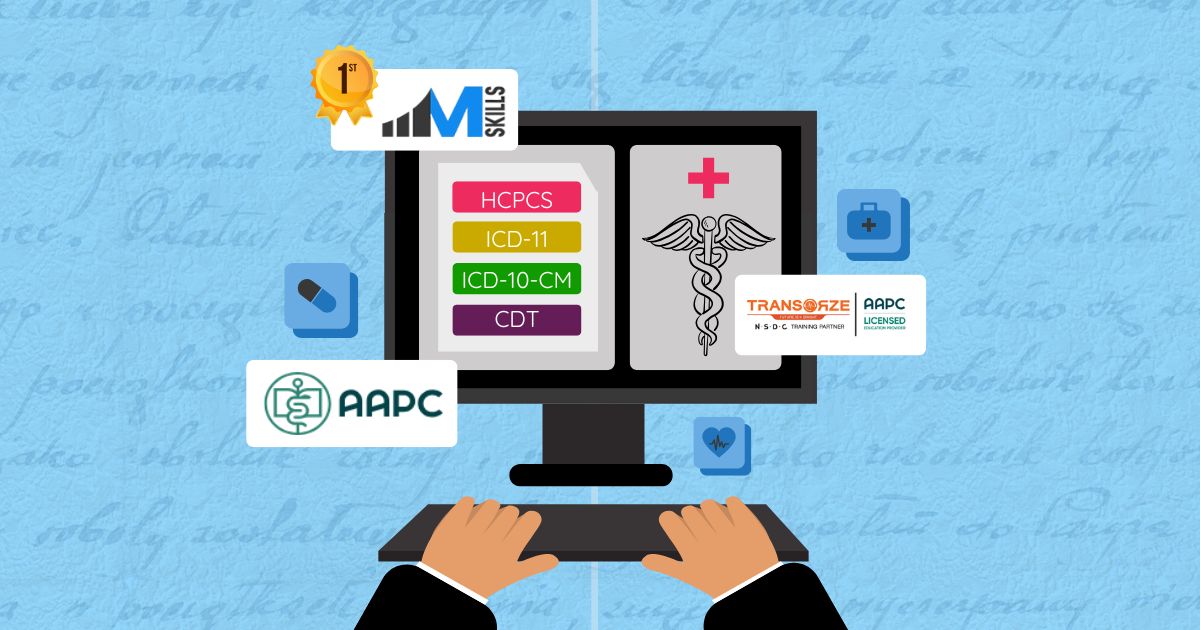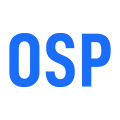Telemedicine App Development Company
As an experienced telemedicine app development company, we are building apps that are not only HIPAA-compliant but also adhere to SOC and SOC 2 compliance standards. Our solutions feature everything from secure video consultations and AI-powered diagnostics to appointment scheduling, transforming your vision into a platform where a patient in a remote village can connect with a specialist from a world-class hospital—all with just a few taps on their phone.
Important Aspects of a Telemedicine App Development Company
Compliance with Global Healthcare Regulations
Building a telemedicine app means stepping into a heavily regulated industry, where even the smallest misstep can lead to penalties, legal battles, or loss of trust. We ensure your app meets all necessary regulations, no matter where you operate.
Data Security: Building trust through technology
The global healthcare cybersecurity market is projected to grow from $27.26 billion in 2024 to approximately $126.70 billion by 2034, reflecting a robust CAGR of 16.61%(2024 to 34). This significant growth underscores the urgent need for secure platforms in the healthcare sector.
Furthermore, breaches not only jeopardize user safety but also damage your reputation. So, to address these challenges, we leverage advanced technologies to ensure data security and safeguard trust.
Seamless Video Call Integration
As video consultations are the backbone of telemedicine apps, so we ensure that your platform offers high-quality, secure, and scalable video call solutions.
EHR/EMR Integration for Streamlined Workflows
Telemedicine apps must seamlessly integrate with existing Electronic Health Records (EHR) or Electronic Medical Records (EMR) systems to provide a unified view of patient health.
Telemedicine App Development Services at Agicent
Custom Telemedicine App Development
Whether you’re a startup or an established healthcare provider, we design apps that align perfectly with your vision and operational needs.
AI-Driven Features for Personalized Care
We integrate cutting-edge AI to create smarter, more patient-focused solutions and Helps providers anticipate patient needs based on historical data and trends.
Advanced Imaging & Diagnostics Support
We enable secure transmission and analysis of medical images such as, Radiology and Pathology Integration. Allow patients to upload X-rays, MRIs, or lab reports for expert review.
Multi-Channel Communication Support
While video calling remains a cornerstone of telemedicine, we recognize the importance of flexibility. And, our apps support, Text and Chat Consultations. Especially useful for mental health or dermatology services.
Source: https://www.agicent.com/telemedicine-app-development-company
As an experienced telemedicine app development company, we are building apps that are not only HIPAA-compliant but also adhere to SOC and SOC 2 compliance standards. Our solutions feature everything from secure video consultations and AI-powered diagnostics to appointment scheduling, transforming your vision into a platform where a patient in a remote village can connect with a specialist from a world-class hospital—all with just a few taps on their phone.
Important Aspects of a Telemedicine App Development Company
Compliance with Global Healthcare Regulations
Building a telemedicine app means stepping into a heavily regulated industry, where even the smallest misstep can lead to penalties, legal battles, or loss of trust. We ensure your app meets all necessary regulations, no matter where you operate.
Data Security: Building trust through technology
The global healthcare cybersecurity market is projected to grow from $27.26 billion in 2024 to approximately $126.70 billion by 2034, reflecting a robust CAGR of 16.61%(2024 to 34). This significant growth underscores the urgent need for secure platforms in the healthcare sector.
Furthermore, breaches not only jeopardize user safety but also damage your reputation. So, to address these challenges, we leverage advanced technologies to ensure data security and safeguard trust.
Seamless Video Call Integration
As video consultations are the backbone of telemedicine apps, so we ensure that your platform offers high-quality, secure, and scalable video call solutions.
EHR/EMR Integration for Streamlined Workflows
Telemedicine apps must seamlessly integrate with existing Electronic Health Records (EHR) or Electronic Medical Records (EMR) systems to provide a unified view of patient health.
Telemedicine App Development Services at Agicent
Custom Telemedicine App Development
Whether you’re a startup or an established healthcare provider, we design apps that align perfectly with your vision and operational needs.
AI-Driven Features for Personalized Care
We integrate cutting-edge AI to create smarter, more patient-focused solutions and Helps providers anticipate patient needs based on historical data and trends.
Advanced Imaging & Diagnostics Support
We enable secure transmission and analysis of medical images such as, Radiology and Pathology Integration. Allow patients to upload X-rays, MRIs, or lab reports for expert review.
Multi-Channel Communication Support
While video calling remains a cornerstone of telemedicine, we recognize the importance of flexibility. And, our apps support, Text and Chat Consultations. Especially useful for mental health or dermatology services.
Source: https://www.agicent.com/telemedicine-app-development-company
Telemedicine App Development Company
As an experienced telemedicine app development company, we are building apps that are not only HIPAA-compliant but also adhere to SOC and SOC 2 compliance standards. Our solutions feature everything from secure video consultations and AI-powered diagnostics to appointment scheduling, transforming your vision into a platform where a patient in a remote village can connect with a specialist from a world-class hospital—all with just a few taps on their phone.
Important Aspects of a Telemedicine App Development Company
Compliance with Global Healthcare Regulations
Building a telemedicine app means stepping into a heavily regulated industry, where even the smallest misstep can lead to penalties, legal battles, or loss of trust. We ensure your app meets all necessary regulations, no matter where you operate.
Data Security: Building trust through technology
The global healthcare cybersecurity market is projected to grow from $27.26 billion in 2024 to approximately $126.70 billion by 2034, reflecting a robust CAGR of 16.61%(2024 to 34). This significant growth underscores the urgent need for secure platforms in the healthcare sector.
Furthermore, breaches not only jeopardize user safety but also damage your reputation. So, to address these challenges, we leverage advanced technologies to ensure data security and safeguard trust.
Seamless Video Call Integration
As video consultations are the backbone of telemedicine apps, so we ensure that your platform offers high-quality, secure, and scalable video call solutions.
EHR/EMR Integration for Streamlined Workflows
Telemedicine apps must seamlessly integrate with existing Electronic Health Records (EHR) or Electronic Medical Records (EMR) systems to provide a unified view of patient health.
Telemedicine App Development Services at Agicent
Custom Telemedicine App Development
Whether you’re a startup or an established healthcare provider, we design apps that align perfectly with your vision and operational needs.
AI-Driven Features for Personalized Care
We integrate cutting-edge AI to create smarter, more patient-focused solutions and Helps providers anticipate patient needs based on historical data and trends.
Advanced Imaging & Diagnostics Support
We enable secure transmission and analysis of medical images such as, Radiology and Pathology Integration. Allow patients to upload X-rays, MRIs, or lab reports for expert review.
Multi-Channel Communication Support
While video calling remains a cornerstone of telemedicine, we recognize the importance of flexibility. And, our apps support, Text and Chat Consultations. Especially useful for mental health or dermatology services.
Source: https://www.agicent.com/telemedicine-app-development-company
0 Yorumlar
0 hisse senetleri
273 Views
0 önizleme




